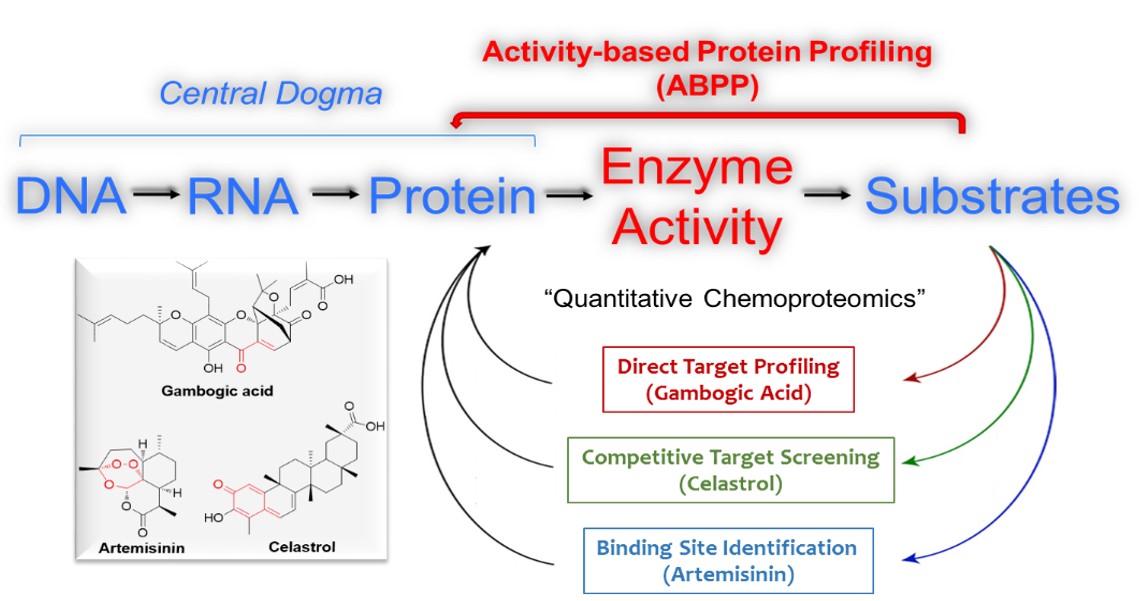New Study Reveals Mechanism Controlling Root Primordia Initiation during De Novo Root Organogenesis in Arabidopsis
De novo root organogenesis is a type of plant regeneration in which adventitious roots regenerate from wounded or detached organs. There are at least two steps of cell fate transition required to establish the root primordium during de novo root organogenesis from leaf explants (living leaf tissue removed from a plant and placed in a medium for tissue culture) in the model plant Arabidopsis. The first step from regeneration-competent cells to root founder cells requires the activation of two transcription factors named WOX11 and WOX12. The second step is from root founder cells to root primordium, but underlying molecular mechanisms are largely unknown.
The research group led by Dr. XU Lin at Institute of Plant Physiology and Ecology, CAS Center for Excellence in Molecular Plant Sciences, CAS identified another two transcription factors called WOX5 and WOX7 that are required for root primordium initiation during de novo root organogenesis. Interestingly, WOX11/12 proteins directly bind to the promoters of WOX5/7 to activate their transcription and triggers cell fate transition from root founder cell to root primordium.
This work entitled “Transcription Factors WOX11/12 Directly Activate WOX5/7 to Promote Root Primordia Initiation and Organogenesis” has been published in Plant Physiology on Dec 01, 2016.
This work was supported by grants from National Basic Research Program of China, the National Natural Science Foundation of China, the Key Research Program of the Chinese Academy of Sciences, and Youth Innovation Promotion Association CAS.

